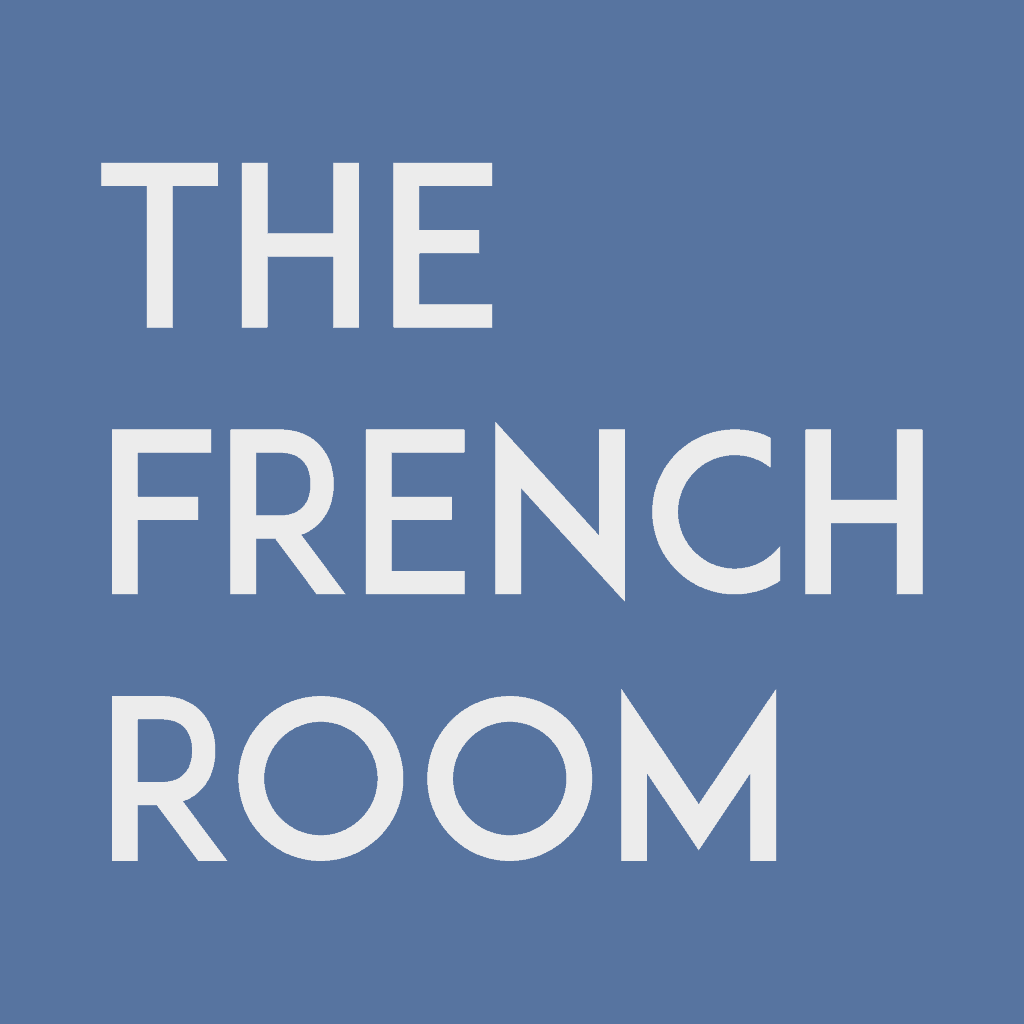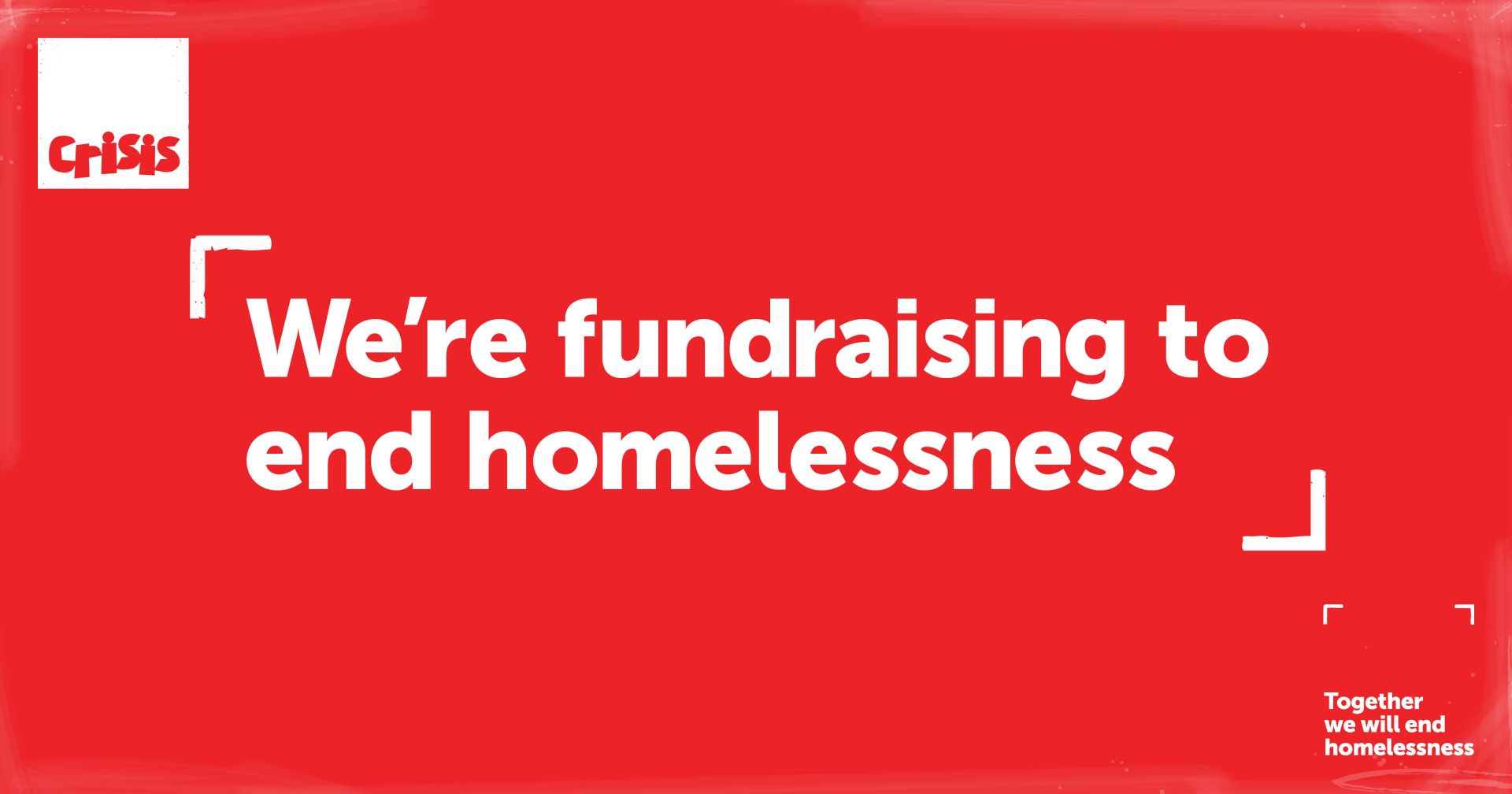The quick answer to "how long should I study French a day" is probably as much as you can, in an as immersive environment as you can find.
But the reality for most of us, is that learning French is not going to be our full-time occupation, so the real question is how much French study is enough to get me to my goals?
So, what is your goal? Are you aiming to become the next French literary sensation, do you want to be the life and soul at the next French party you attend or do you just want to order your coffee and not have the waitress reply to you in English?
How you answer that question is going to give you some idea as to how long you will need to study French a day.
What is French study?
I've never really thought about any of my language learning as study. Apart from, that is, when I was learning at school.
The rest has been a largely joyous discovery of how this wonderfully intriguing language works.
"That's easy for you to say;" I hear you mutter at the screen; "you lived in France". True, but that was back then when you could only access French by either being in the country, sitting in a language lab (basically wired up to a tape recorder) or diligently work your way through a text book or two.
It is now completely possible to immerse yourself in French wherever you live. And to discover the language how ever feels most interesting and inviting to you at that particular moment in time.
The ways you can learn are only limited by your imagination. You can watch French TV and films with or without subtitles, set the replay speed to something that feels comfortable. play back over a tricky section of speech over and over again. Read a newspaper, watch a youtube tutorial, level up on Duolingo. I could go on and on.
And none of these options feels particularly like study.
How the learning cycle works
The learning cycle is fairly well-defined as input (discover and understand something new), trial in controlled environments (think stabilisers), revisit and refine original understanding and then start to apply in random, increasingly difficult and uncontrolled environments.
There's no specific timescale for a cycle to complete and stages along the way can be repeated many times before progressing to the next level of difficulty. And with a language, the subject has infinite levels so you never actually finish learning. The exploration just goes on and on with increasing attention to detail and finesse.
What we know about spaced learning
If we think of our language discovery as being much like building a house, with a strong foundation and bricks to build up to the floors above,, then we can accept a few things about learning a language. The first, is that the laying the foundations bit is hard work, slow and doesn't look like much in terms of progress from the outside.
The second, is that as the bricks are laid, the mortar needs time to dry between each laying. And acquiring new skills and knowledge is the same. As each layer of new information is discovered, so it needs time to settle in and be absorbed by the brain.
So, short, regular sprints of learning are more solidifying than one long marathon.
How long should I study French a day?
2. Intervals of learning are more productive than long sessions.
3. Typically an interval is about 15 minutes long.


